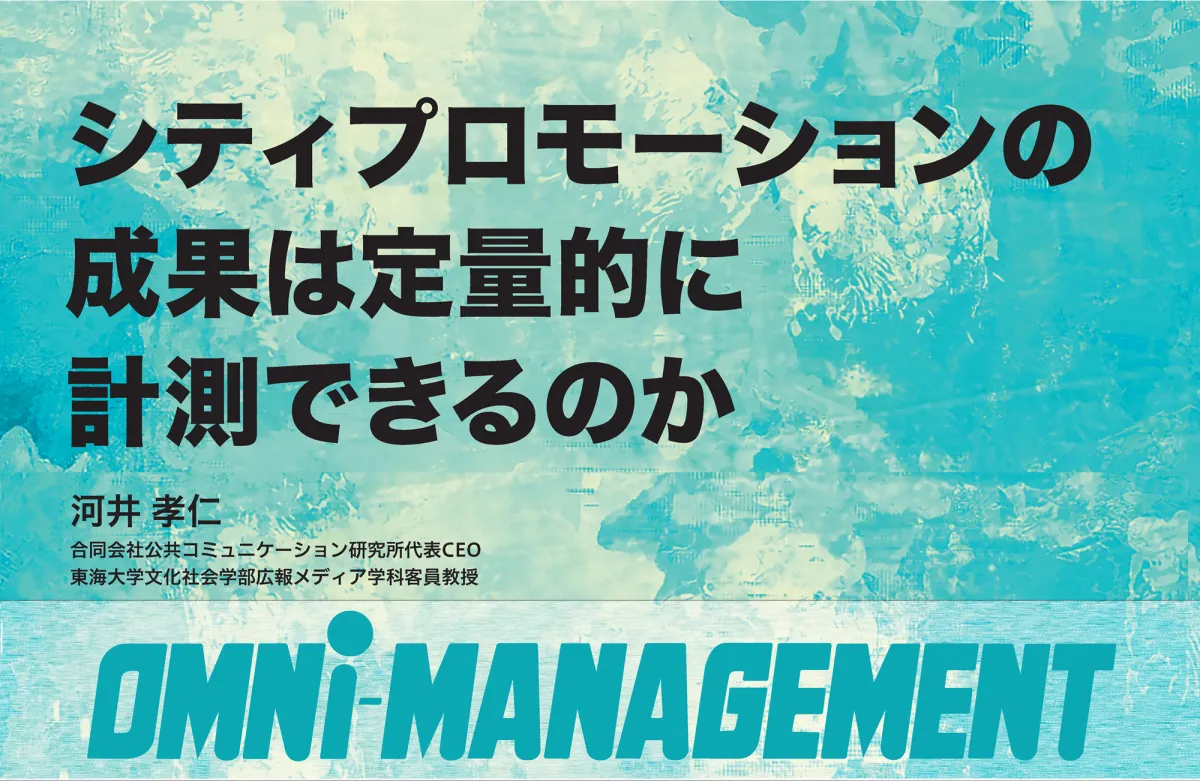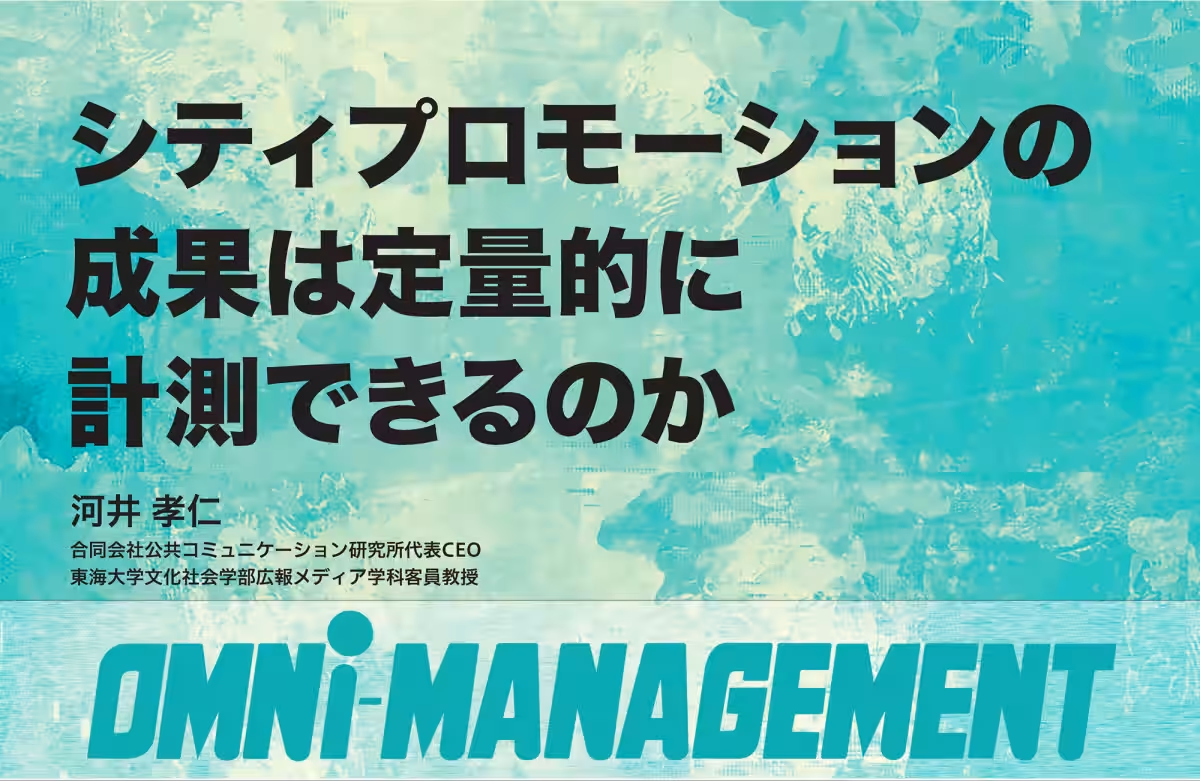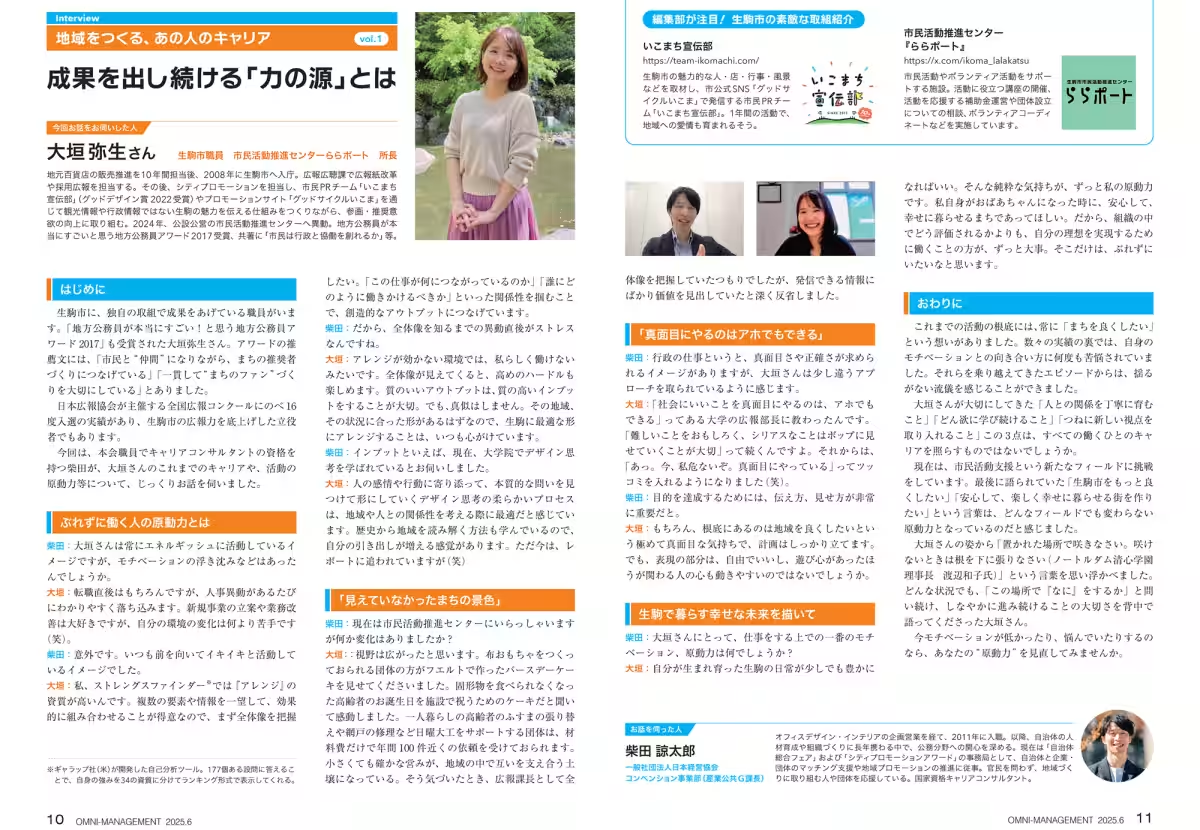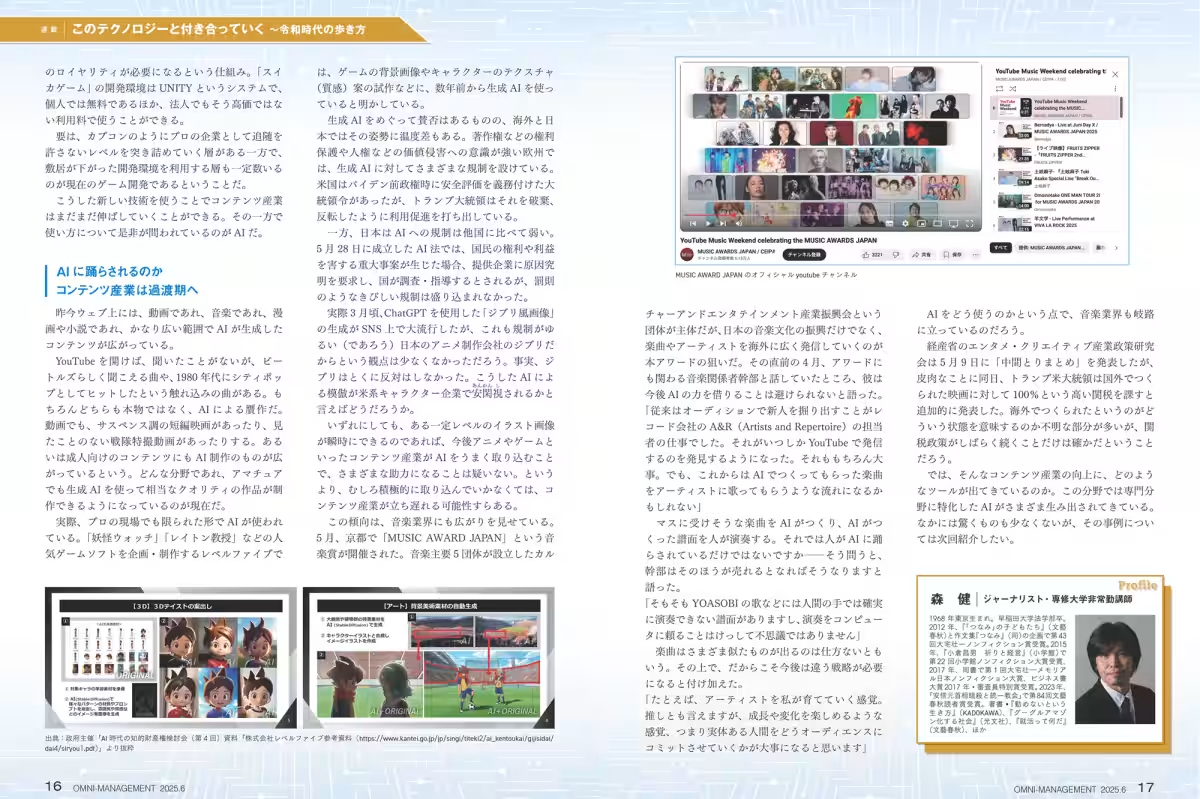

The New Norm for City Promotion: Subculture Meets Technology Innovations
The Evolution of City Promotion in Japan
City promotion in Japan is undergoing a transformative change, redefining its very essence beyond the usual notions of public relations and tourism marketing. The latest issue of 'Omni Management,' a publication by the Japan Management Association, highlights this evolution, exploring how city promotion is becoming a strategic tool for shaping the future of communities.
Understanding City Promotion
When we think of city promotion, many might picture tourism campaigns or local government efforts to boost visibility. However, as outlined in the June 2025 issue of 'Omni Management,' city promotion is now seen as a vital force that encourages communities to become more genuine and engaged in their development. This is not just about advertising a place; it’s about fostering a deep-rooted relationship between people and the locality they inhabit.
The issue delves into how city promotion can harness the collective power of local residents, emphasizing the importance of nurturing community spirit and enhancing cooperative efforts among various stakeholders.
Key Contributions and Insights
Among featured experts, Takahito Kawai, a professor at Tokai University, raises a compelling question: Can we accurately measure the outcomes of city promotion? His insights reflect a growing need in the field to substantiate the impacts of promotional strategies through quantifiable metrics.
In contrast, Yayoi Ogaki, director of the Lala Port community center, shares her experience regarding the 'source of power' necessary for sustained success in city promotion. Her perspectives underline practical applications of community engagement that can serve as a model for other regions.
New Series and Ongoing Discussions
The publication also introduces a new series featuring Naotaka Sugawara, Vice Mayor of Bandai Town, who explores the intersection of management and community visioning. His writings offer valuable lessons on how effective management practices can rejuvenate local interest and participation in governance.
In the ongoing series by journalist Kenjiro Hashimoto, readers will gain insights into the characteristics of Generation Z and strategies for engaging this demographic in city initiatives. This approach is pivotal as cities look to harness the energy and perspective of younger residents who will shape the future.
Further emphasizing the relationship between subculture and technology, Hiroaki Honda, a human resources consultant, discusses the significance of defining 'love' in organizational contexts, illustrating how emotional engagement can enhance workplace dynamics.
Finally, Tomomi Himeno, director of the Himeno Clinic, reminds us to revisit basic infection control measures—a timely message in light of public health challenges—while addressing broader themes of wellbeing in community contexts.
A Look to the Future
The launch of the 20th anniversary celebrations for the Aichi Expo highlights another dimension of city promotion, as stakeholders collaborate to connect local culture with global perspectives. This initiative embodies the spirit of city promotion, showcasing how local events can galvanize community identity and pride.
As we move forward, the amalgamation of subculture and new technologies plays a crucial role in shaping innovative strategies for city promotion. By empathizing with local narratives and leveraging digital platforms, cities can create tailored experiences that resonate deeply with both residents and visitors.
In conclusion, the new edition of 'Omni Management' serves as a crucial resource for stakeholders interested in the future of city promotion. It encourages active participation and collaborative strategies that will not only enhance local engagement but also contribute to the sustainable development of communities across Japan. Read this insightful issue for free here.
With the Japan Management Association’s commitment to modernizing management and promoting effective governance, the conversation continues on how cities can harness the power of their residents and cultural identity to forge a brighter tomorrow.



Topics Other)










【About Using Articles】
You can freely use the title and article content by linking to the page where the article is posted.
※ Images cannot be used.
【About Links】
Links are free to use.